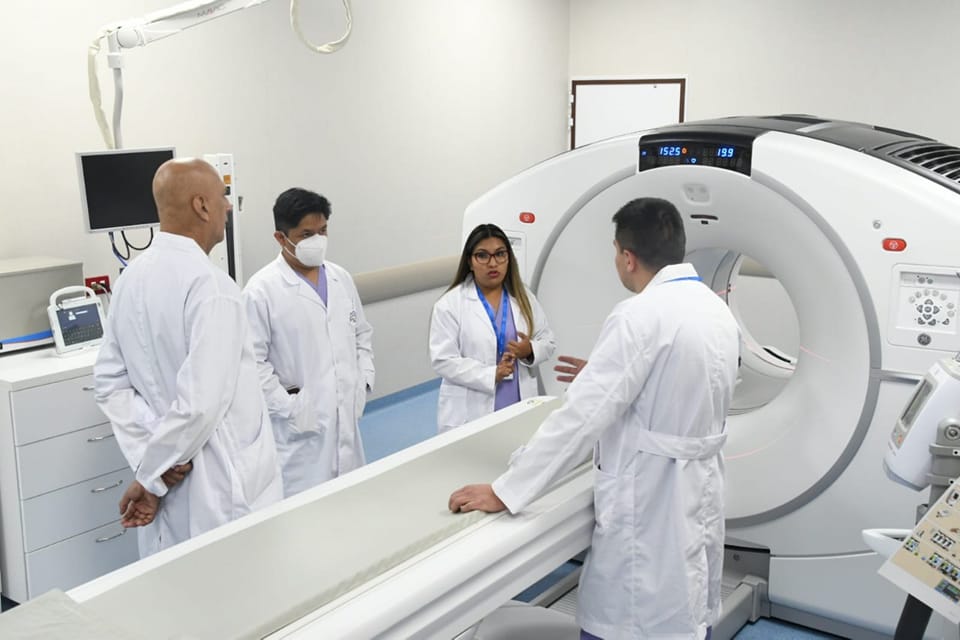Third generation therapies are a technique or behavior therapy applied to the patient but from a global approach, taking into account the patient’s experience of his problem and how the social and cultural context have caused his behavior to be less adaptive.
The purpose of third-generation therapies is to reveal human behavior in interactive, functional, and contextual terms. It also allows specialists to know all the keys to be able to apply a group of therapeutic options that demonstrates its effectiveness when treating different disorders.
Third generation therapies are based on a new theoretical point of view, whereby it is considered that there is no disorder within the person, but that the person is in a problematic situation. The therapies are listed below:
1. Acceptance and commitment therapy is one of the most important. Language plays a central role, since it is considered to be the explanation for the origin of most psychological problems.
2. Another of the therapies is dialectical-behavioral that has indicated effectiveness in treating many problems: anxiety, depression, bipolar disorder, ADHD or substance abuse.
3. Metacognitive therapy based on the fact that it is not the content of thoughts that perpetuates mental disorders, but the presence of what is called attentional cognitive syndrome.
4. Behavioral activation therapy is one of those that have shown greater efficacy in the treatment of depression.
5. Functional Analytical Therapy (FAP) its action focuses on the functional analysis of the patient’s behavioral patterns.
https://www.unir.net/salud/revista/terapias-tercera-generacion/#:~:text=Las%20terapias%20de%20tercera%20generaci%C3%B3n%20tienen%20el%20prop%C3%B3sito%20de%20modificar,de%20este%20grupo%20de%20terapias.
https://psicologiaymente.com/clinica/terapias-tercera-generacion






